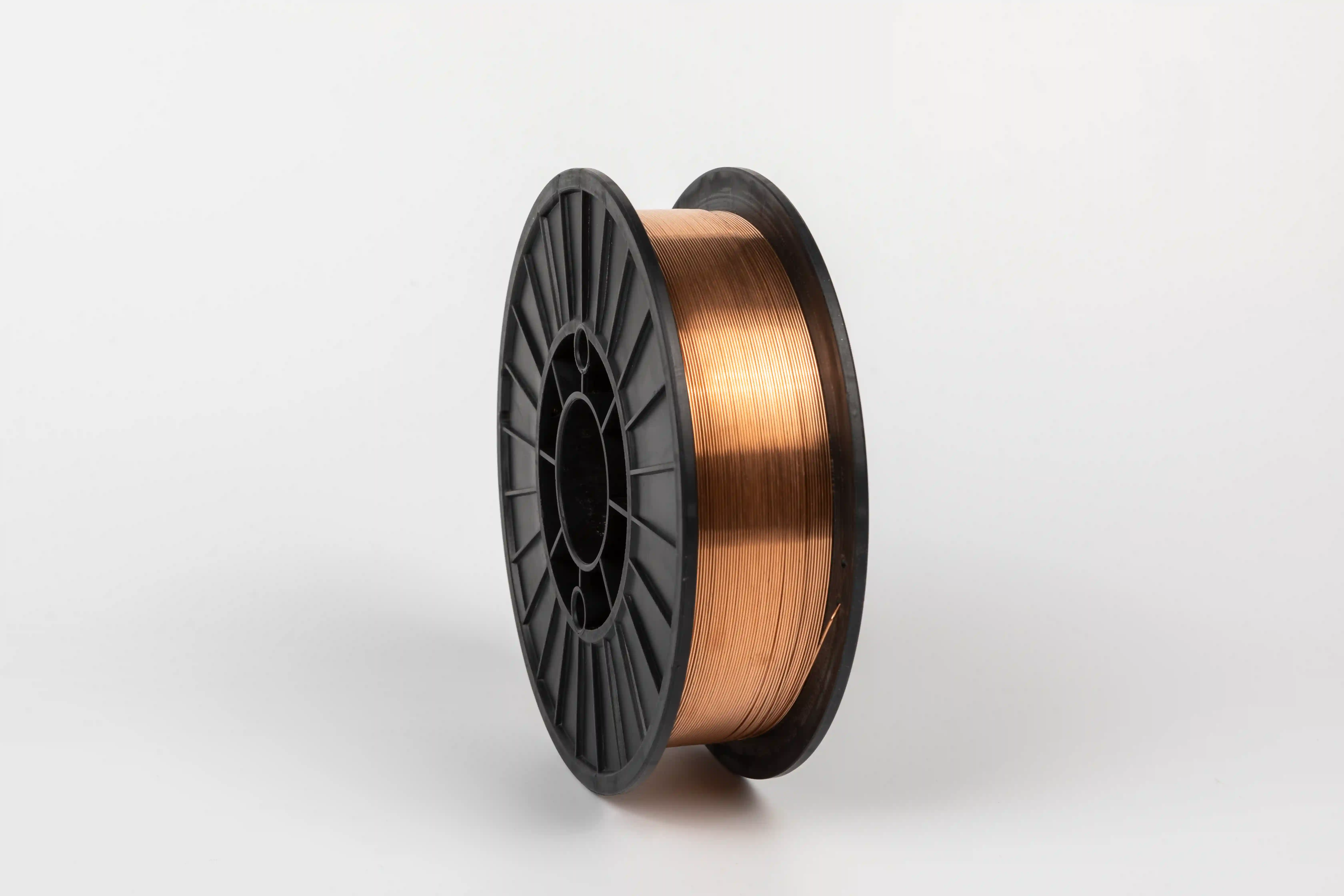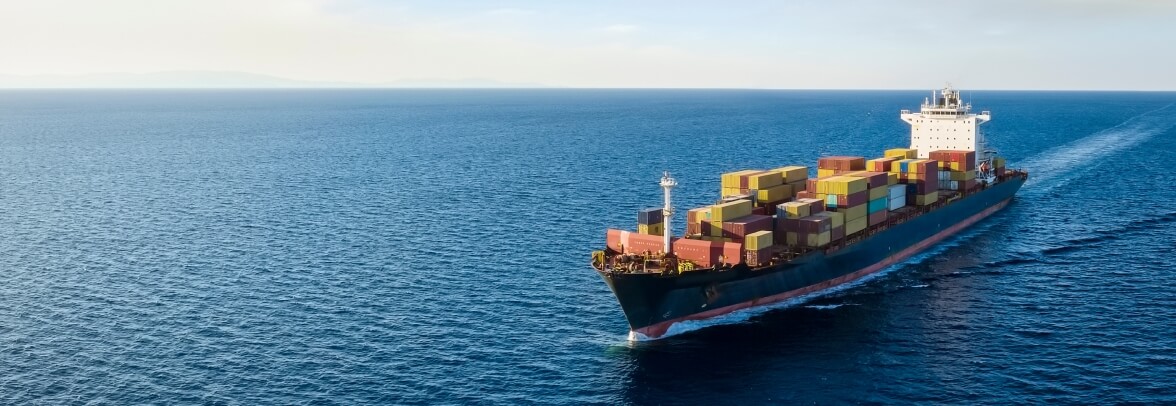Harnessing the Power of MAG Welding Solid Wire in Marine Engineering
2025-02-13
Magnetic Arc Welding (MAG) solid wire has become an indispensable part of the marine engineering industry due to its ability to create strong, durable, and corrosion-resistant welds that are critical in the harsh marine environment. As marine structures face constant exposure to saltwater, extreme weather conditions, and physical stresses, the need for superior welding methods and high-quality materials has never been more apparent. MAG welding solid wire plays a significant role in achieving these objectives. This article Longteng will explore the benefits of using MAG welding solid wire in marine engineering.
What is MAG Welding Solid Wire?

MAG welding is a form of arc welding that uses a consumable solid wire electrode fed through a welding gun, where it melts and joins materials together under the influence of an electric arc. The term "MAG" refers to the Metal Active Gas used in the welding process, typically a mixture of argon and carbon dioxide or oxygen. The active gas helps create a stable welding arc while protecting the molten pool from contamination by oxygen or other atmospheric gases.
MAG welding solid wire refers to the type of wire electrode used in the MAG welding process. This wire is solid, meaning it is made from a single metal, typically mild steel or other materials, without any flux core. The solid wire is continuously fed into the welding pool, where it melts and combines with the base material to create the weld.
In marine engineering, MAG welding solid wire is chosen for its excellent ability to create high-quality welds that can withstand the harsh marine environment. The solid wire is designed to produce consistent, high-strength bonds that are particularly important when working with materials such as steel, which are commonly used in shipbuilding, offshore platforms, and other marine structures.
Benefits of Using MAG Welding Solid Wire in Marine Engineering
MAG welding solid wire offers numerous benefits that make it an ideal choice for marine engineering applications. These advantages are key to ensuring the strength, durability, and reliability of welded structures in the marine industry.
High-Strength Welds
One of the most significant advantages of using MAG welding solid wire is its ability to produce high-strength welds. This is particularly crucial in the marine industry, where welded joints need to withstand harsh operational conditions. The solid wire provides a reliable bond between materials, ensuring that structures such as ships, offshore platforms, and marine pipelines maintain their integrity even under high-stress conditions. For example, the hulls of ships are subjected to constant pressure from waves and the weight of cargo. The high-strength welds produced by MAG welding solid wire ensure that the joints remain intact and do not fail over time, even under these extreme conditions.
Corrosion Resistance
Marine environments are notoriously harsh, with saltwater being one of the primary causes of metal corrosion. Using materials that are resistant to corrosion is crucial in marine engineering. MAG welding solid wire, especially when made with corrosion-resistant alloys such as marine-grade stainless steel, helps ensure that welded joints can endure the constant exposure to saltwater without deteriorating. The solid wire provides a smooth, high-quality weld that prevents the ingress of moisture and contaminants, which could otherwise lead to rust and corrosion. This resistance to corrosion reduces maintenance needs and extends the lifespan of marine structures, which is essential for keeping ships and offshore platforms operational for extended periods.
Clean and Efficient Welding Process
The MAG welding process, particularly when using solid wire, is known for producing clean, smooth welds with minimal spatter. This is a critical benefit in marine engineering, where cleanliness and precision are essential. The reduction in spatter not only minimizes the need for post-welding cleaning but also improves the aesthetic quality of the welded joint, which can be especially important in visible parts of ships and other structures. Additionally, the efficiency of the MAG welding process helps improve production speeds. With minimal need for post-weld finishing, the time required to complete welding tasks is significantly reduced, allowing for faster project completion times and a higher rate of productivity.
Versatility in Material Selection
MAG welding solid wire can be used with a wide range of materials, making it a versatile choice for marine engineering applications. Whether welding carbon steel, stainless steel, or high-strength alloys, MAG welding solid wire offers the flexibility needed to handle various materials commonly used in the marine industry. This versatility ensures that the process can be adapted to different requirements, including welding thinner sheets or thicker, more demanding materials. For instance, when welding stainless steel to carbon steel, which is common in marine repairs, the solid wire can be chosen to match the properties of the materials being joined. This ensures that the welds are strong and cohesive, preventing the formation of weak points in the structure.
Cost-Effectiveness
MAG welding solid wire provides an efficient and cost-effective solution for marine engineering projects. The combination of high-quality welds, reduced spatter, and faster welding speeds helps reduce overall production costs. The smoother welds produced by solid wire also reduce the need for time-consuming post-weld finishing, cutting down on labor costs. In addition to the initial cost savings, the durability of the welds means that maintenance costs are minimized over the long term. Structures welded using MAG welding solid wire are less prone to failure and corrosion, meaning that fewer repairs and replacements are needed, leading to long-term cost savings for marine operators.
MAG welding solid wire is an essential tool in the marine engineering industry, providing strong, corrosion-resistant welds that are critical to the integrity and longevity of marine structures. From shipbuilding to offshore platforms to repair and maintenance, MAG welding solid wire plays a vital role in ensuring the safety, efficiency, and durability of these structures. With its high-strength welds, corrosion resistance, and versatility, MAG welding solid wire is a technology that will continue to be at the forefront of the marine industry for years to come.





















 Email
Email